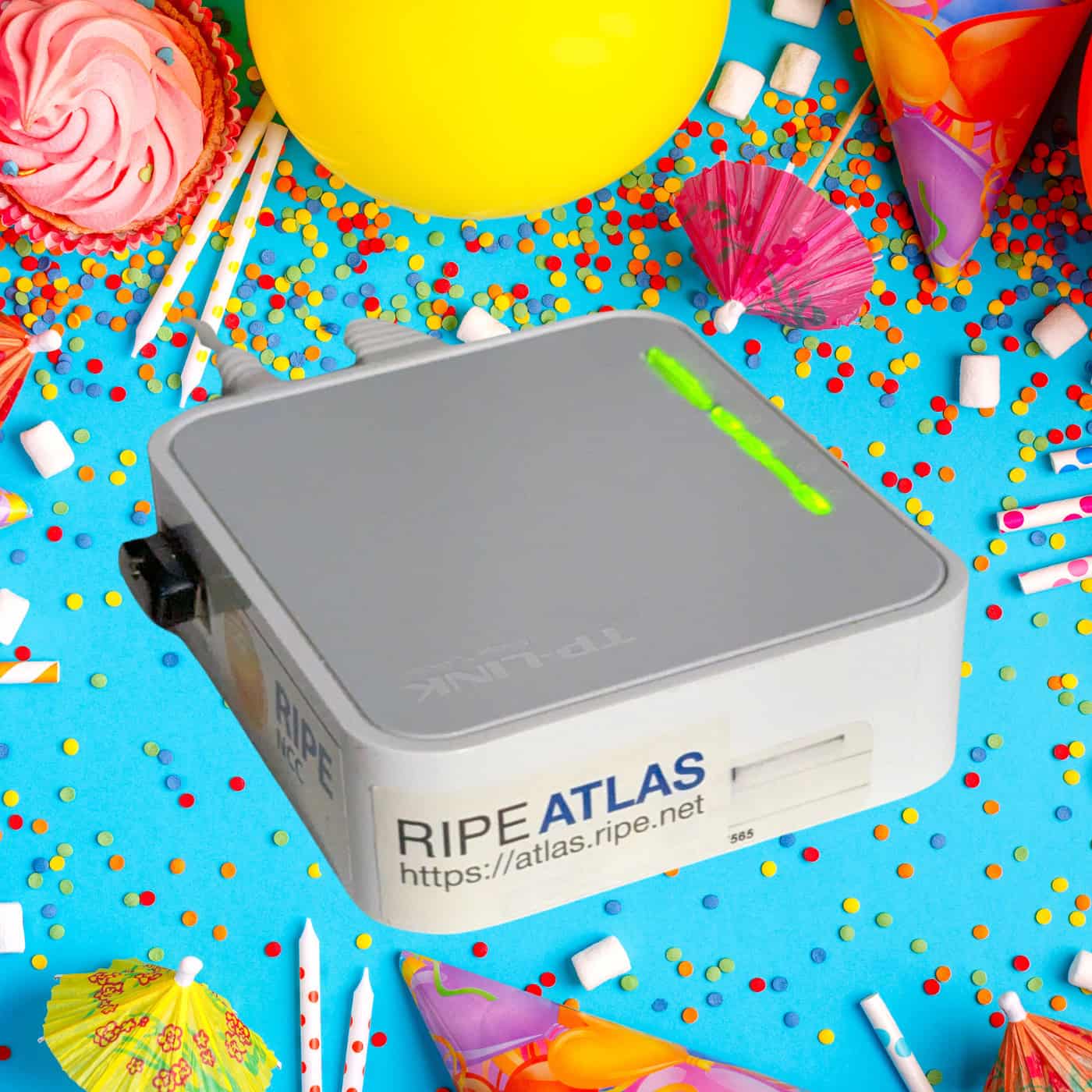I recently attended RIPE 66 where Tore Anderson presented his suggested policy change 2013-03, “No Need – Post-Depletion Reality Adjustment and Cleanup.” In his presentation, Tore suggested that this policy proposal was primarily aimed at removing the requirement to complete the form(s) used to document need. There was a significant amount of discussion around bureaucracy, convenience, and “liking” (or not) the process of demonstrating need. Laziness has never been a compelling argument for me and this is no exception. The fact is that any responsible network manager must keep track of IP address utilization in order to design and operate their network, regardless of RIR policy. Filling this existing information into a form really does not constitute a major hurdle to network or business operations. So setting aside the laziness decree, let’s move on to the rationale presented.
IPv4 is Dead?
Tore pointed to section 3.0.3 of RIPE-582, the “IPv4 Address Allocation and Assignment Policies for the RIPE NCC Service Region:”
Conservation: Public IPv4 address space must be fairly distributed to the End Users operating networks. To maximise the lifetime of the public IPv4 address space, addresses must be distributed according to need, and stockpiling must be prevented.
According to Mr. Anderson, this is “something that has served us well for quite a long time” but now that IANA and RIPE have essentially exhausted their supply of free/unallocated IPv4 addresses, is obsolete. From the summary of the proposal:
Following the depletion of the IANA free pool on the 3rd of February 2011, and the subsequent depletion of the RIPE NCC free pool on the 14th of September 2012, the “lifetime of the public IPv4 address space” in the RIPE NCC region has reached zero, making the stated goal unattainable and therefore obsolete.
This argument appears to be the result of what I would consider a very narrow and unjustified interpretation of the goal of conservation. Tore seems to interpret “maximise the lifetime of the public IPv4 address space” to mean “maximise the duration that public IPv4 space remains available at the RIPE NCC.” Under this translation, it is possible to believe that a paradigm shift has occurred which calls for a drastic reassessment of the goal of conservation. If, however, we take the goal as written in RIPE NCC policy as a carefully crafted statement meant to convey it’s meaning directly and without interpretation or translation; a different conclusion seems obvious. While Tore is correct in his observation that IANA and RIPE NCC (and APNIC and soon ARIN) have all but depleted their reserves of “free” IPv4 addresses, that does not mean that the lifetime of the public IPv4 address space has come to an end. While I would love for everyone to enable IPv6 and turn off IPv4 tomorrow (or better yet, today), that is simply not going to happen all at once. The migration to IPv6 is underway and gaining momentum but there are many legacy devices and legacy networks which will require the use of IPv4 to continue for years to come. Understanding that the useful life of IPv4 is far from over (raise your hand if you have used IPv4 for a critical communication in the past 24 hours) makes it quite easy to see that we still have a need to “maximise the lifetime of the public IPv4 address space.”
In fact, the IANA and RIR free pools have essentially been a buffer protecting us from those who would seek to abuse the public IPv4 address space. As long as there was a reserve of IPv4 addresses, perturbations caused by bad actors could be absorbed to a large extent by doling out “new” addresses into the system under the care of more responsible folks. Now that almost all of the public IPv4 address space has moved from RIR pools into the “wild,” there is arguably a much greater need to practice conservation. The loss of the RIR free pool buffer does not mark the end of “the lifetime of the public IPv4 address space” as Tore suggests but rather marks our entry into a new phase of that lifetime where stockpiling and hoarding have become even more dangerous.
A Paradox
Tore made two other arguments in his presentation, and I have trouble rectifying the paradox created by believing both of them at once. The two arguments are not new, I have heard them both many times before in similar debates, and they invariably go something like this:
- Because IPv4 addresses are now a scarce resource, people will only use what they need, so we don’t need to require them to demonstrate need in policy.
- Because IPv4 addresses are now a scarce resource, people will lie and cheat to get more addresses than they can justify, so we should remove the incentives for them to lie and cheat.
I want to look at these arguments first individually, and then examine the paradox they create when combined.
Early in his presentation, Tore said something to the effect of because the LIR can not return to RIPE NCC for more addresses, they would never give a customer more addresses than they need and that the folks involved will find ways of assessing this need independently. OK, if this is true then why not make it easy for everyone involved by standardizing the information and process required to demonstrate need? Oh, right, we already have that. Removing this standardization opens the door for abuse, large and small. The most obvious example is a wealthy spammer paying an ISP for more addresses then they can technically justify, in order to carry out their illegal bulk mail operation. The reverse is true as well, with no standard for efficient utilization to point to, it is more possible for an ISP to withhold addresses from a down stream customer (perhaps a competitor in some service) who actually does have justifiable technical need for them.
The second argument is more ridiculous. I truly don’t understand how anyone can be convinced by the “people are breaking the rules so removing the rules solves the problem” argument. While I am in favor of removing many of the rules, laws, and regulations that I am currently aware of; I favor removing them not because people break them but because they are unjust rules which provide the wrong incentives to society. If you have a legitimate problem with people stealing bread, for example, then making the theft of bread legal does not in any way solve your problem. While it is possible that bread thieves may be less likely to lie about stealing the bread (since they no longer fear legal repercussions) and it is certainly true that they would no longer be breaking the law, law-breaking and lying are not the problem. The theft of bread is the problem. Legalizing bread theft has only one possible outcome: Encouraging more people to steal bread. So the fact that bad actors currently have an incentive to lie and cheat to get more addresses in no way convinces me that making their bad behavior “legal” would solve the problem. If anything it is likely to exacerbate the issue by essentially condoning the bad behavior, causing others to obtain more addresses then they can technically justify.
Of course it get’s even worse when you try to hold up both of these arguments as true at once. If people can be counted on to take only what they need, why are they lying and cheating to get more? If people are willing to lie and cheat to get around the needs based rules, why would they abide by needs when the rules are removed? I just can’t make these two statements add up in a way that makes any sense.
Conclusions
Since we still need IPv4 to continue working for some time, maximizing the lifetime of the public IPv4 address space through conservation is still a noble and necessary goal of the RIRs, perhaps more important than ever. Filling out some paperwork (with information you already have at hand) is a very low burden for maintaining this goal. At this time, there is no convincing rationale for removing this core tenant of the Internet model which has served us so well.
This article was originally published on CircleID.




